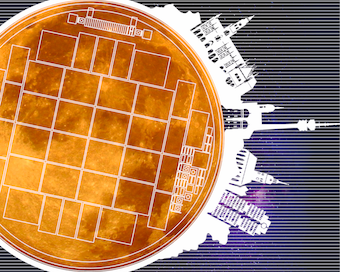Speaker
Description
The tracking performance of the ATLAS detector relies critically on its 4-layer Pixel Detector, that has undergone significant hardware and software upgrades to meet the challenges imposed by the higher collision energy, pileup and luminosity that are being delivered by the Large Hadron Collider, with record breaking instantaneous luminosities of 2 x 10^34 cm-2 s-1 recently surpassed.
The key status and performance metrics of the ATLAS Pixel Detector are summarised, and the operational experience and requirements to ensure optimum data quality and data taking efficiency will be described, with special emphasis to radiation damage experience.
In particular, radiation damage effects will be showed and signs of degradation which are visible but which are not impacting yet the tracking performance (but will): dE/dX, occupancy reduction with integrated luminosity, under-depletion effects with IBL in 2016, effects of annealing that is not insignificant for the inner-most layers. Therefore the offline software strategy to have a better matching between MC and data will be discussed.
In addition the strategy to contain the readout bandwidth limitation will be discussed,
required by the LHC over-performing to more than 2x10^34 cm-2.s-1 and to ATLAS luminosity leveling. The strategy would be reduce the front-end threshold in order to maximize the Pixel hit.
We should therefore address our readout budget and push the DAQ to allow operating as much as possible to full readout bandwidth.
Numbers and strategy will also be discussed.

